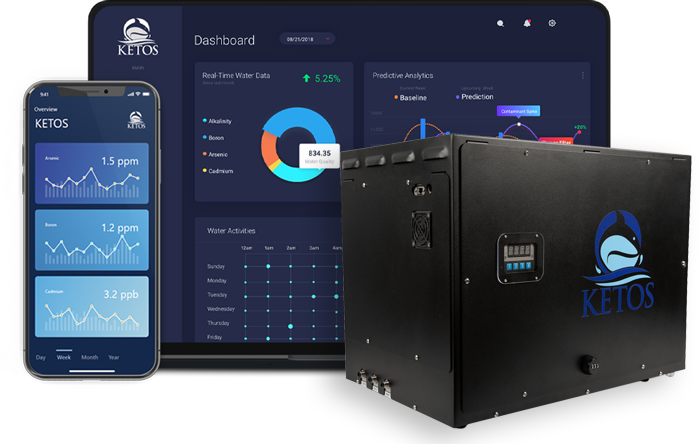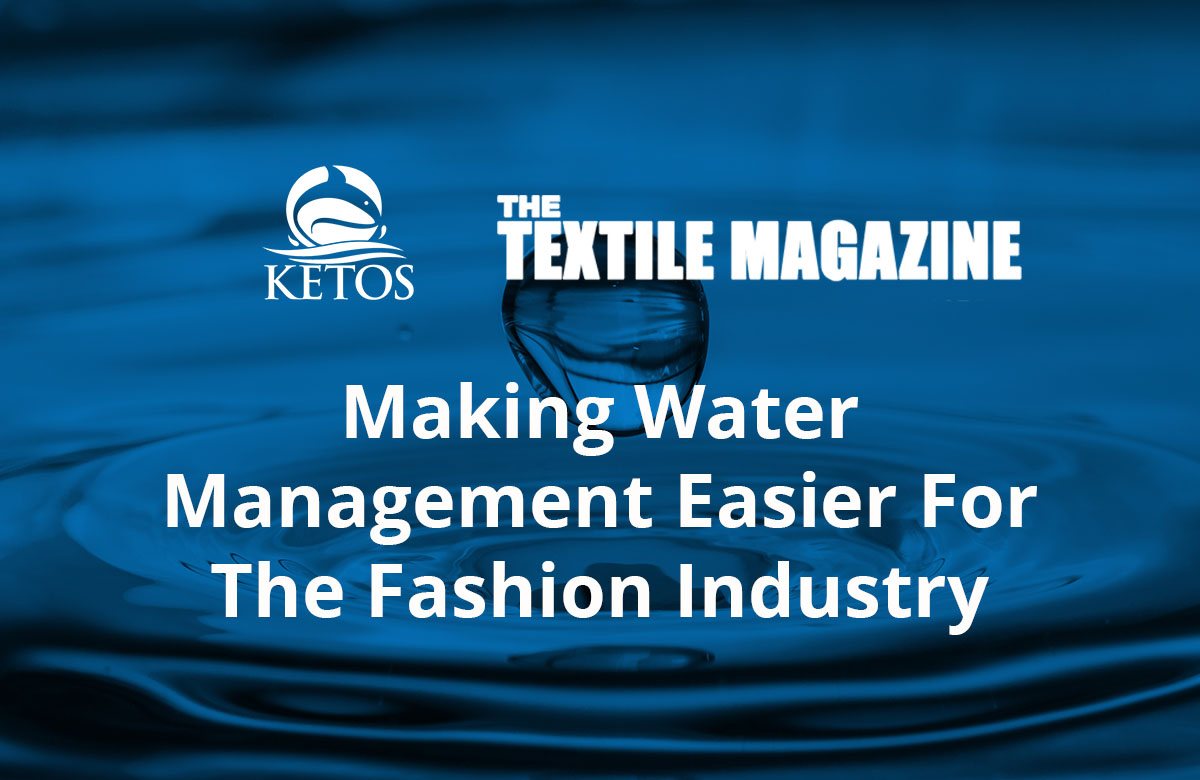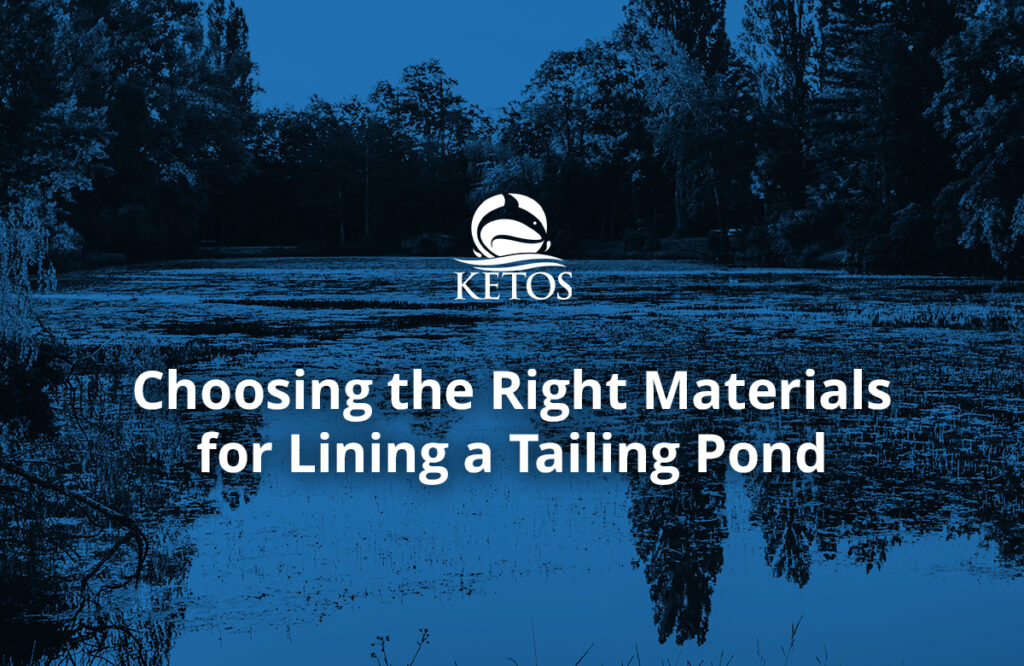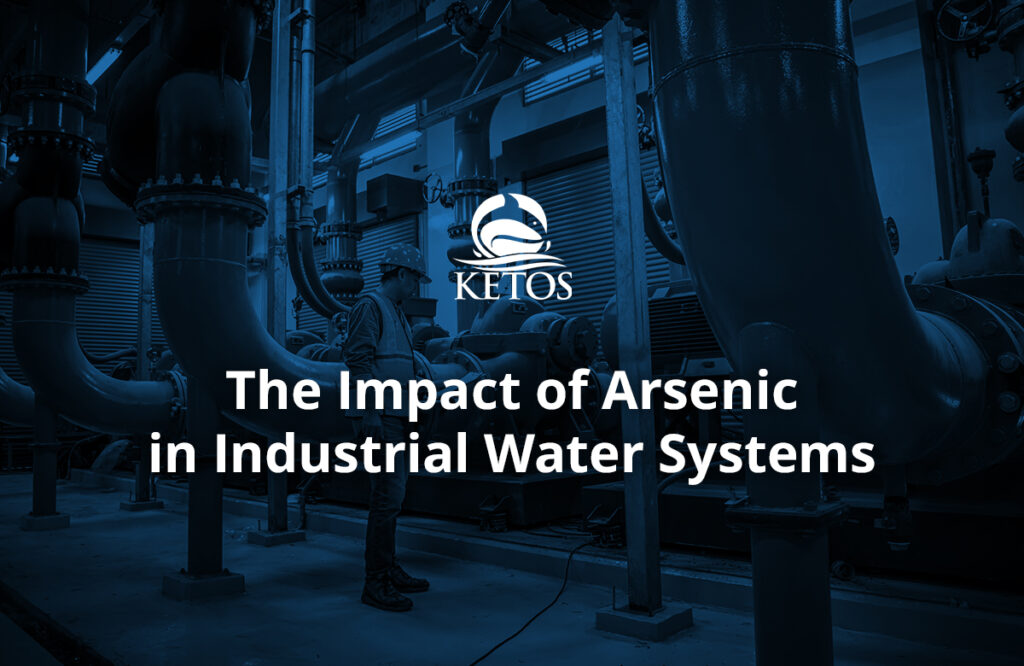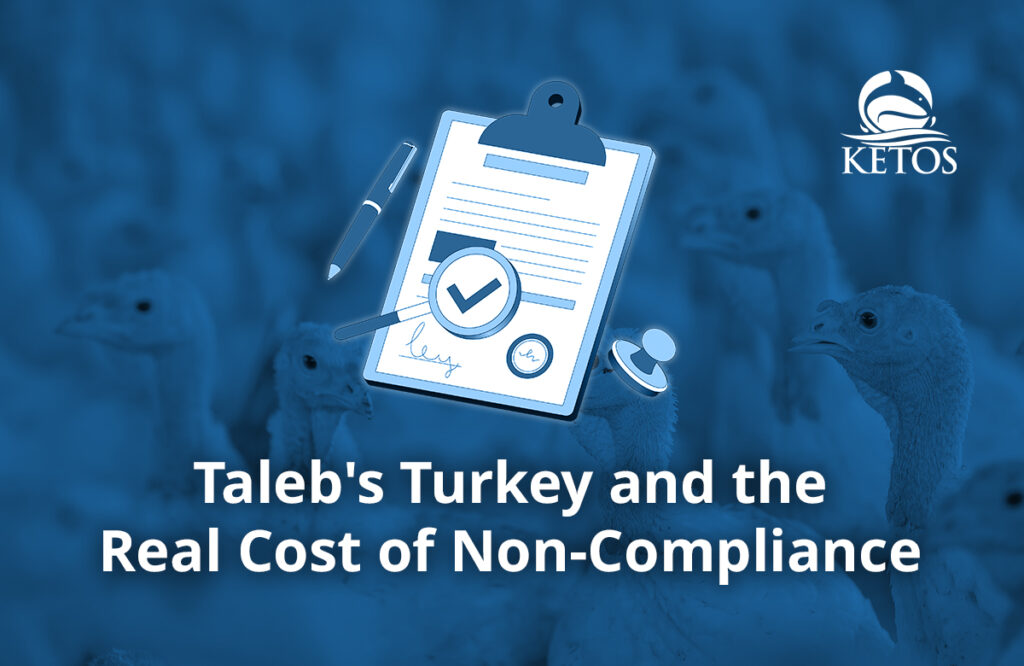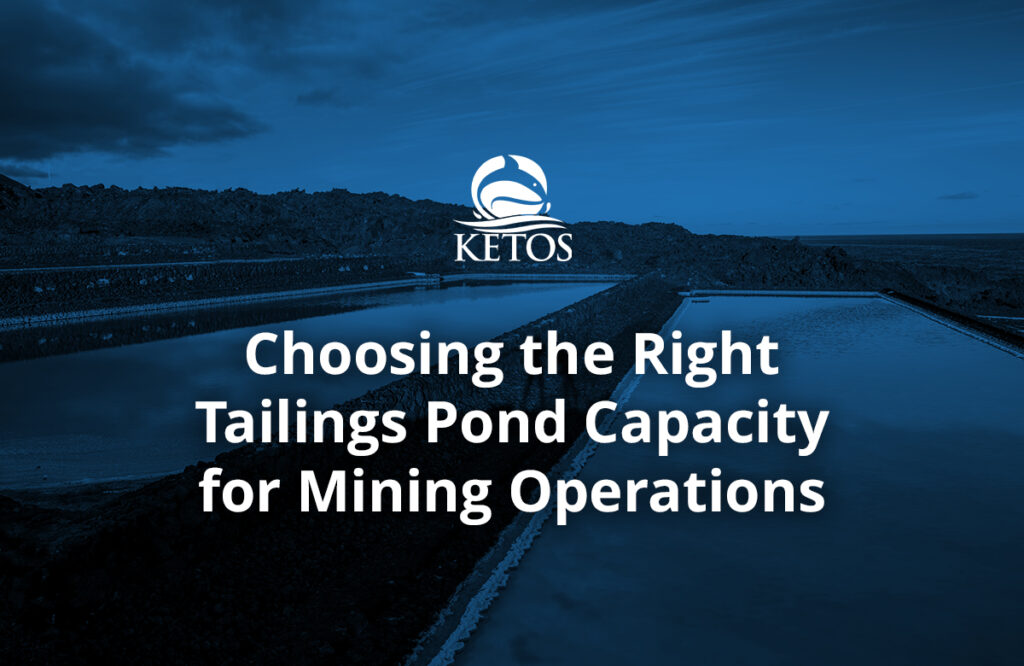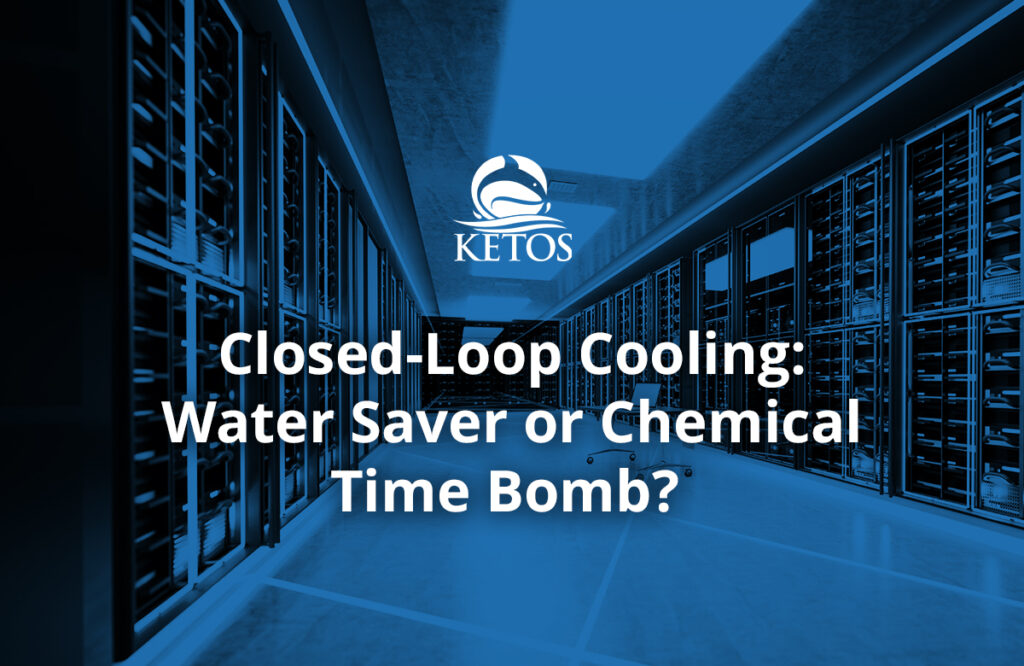KETOS is in The Textile Magazine, discussing water quality, the textile industry, and how KETOS helps reduce strain on water resources.
The textile industry is extraordinarily water-dependent and a significant polluter. Contaminants from the production of textile impact CO2 emissions, water withdrawals, and water quality worldwide, and without proper treatment, surrounding communities can suffer.
The textile industry is very aware of the strain water usage in manufacturing can bring to local supplies, and countries like India are seeking solutions.
India: A Global Textile Powerhouse
India is the world’s third-largest textile producer and continues to expand its reach. Recently, India announced it will, in fact, build 75 more textile hubs throughout the country.
The government is also sensitive to the fact that Indian residents require clean water and that everyone must do more to protect water quality. The country has announced various initiatives to address water issues, particularly around textile manufacturing, including the Mega Investment Textiles Parks (MITRA) and Project SU.RE to build world-class facilities and embrace sustainability initiatives.
How KETOS Addresses Water Quality in Textile Manufacturing
Textile manufacturing companies in India and beyond are seeking digital solutions to help them align textile manufacturing with their ESG goals. Textile manufacturers, in particular, are seeking solutions that can help them recycle water more effectively and remediate water efficiently for safe discharge.
KETOS allows companies to monitor their water quality better, making it easier to remediate and recycle. The SHIELD will enable companies to watch 30+ parameters so that water operators can gain insights into various water quality markers in one device.
Reporting is centralized, and operators can act in real-time on the most up-to-date information to understand water quality. This reporting also helps manage compliance and makes water management more transparent. With more data points at their fingertips, companies can better treat and recycle water and, over time, begin to predict water quality and usage to plan for future events.
The KETOS Advantage
With KETOS, textile manufacturing operations gain:
- real-time information regarding 30+ water-related parameters
- streamlined reporting to maintain compliance
- threshold-based alerting to act fast when water quality changes
- predictive and prescriptive insights to help manage water more effectively
- on-site automated testing that reduces costs related to manual testing and third-party lab analysis
- a modular device that can be strategically placed within textile manufacturing operations to measure and monitor influent, effluent, and recycled water supplies
Read more about KETOS and how our digital water solution streamlines water quality monitoring for the fashion industry here.
